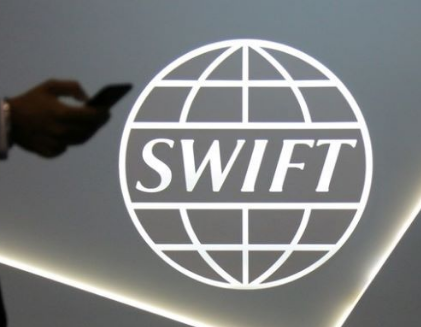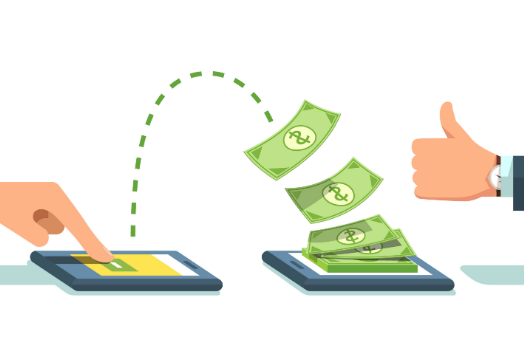 Visa, who according to Forbes, handled over $11.2 trillion of payments in 200+ countries last year, is now looking to attack the international money transfer market - which is said to be valued at over $125 trillion.
Visa, who according to Forbes, handled over $11.2 trillion of payments in 200+ countries last year, is now looking to attack the international money transfer market - which is said to be valued at over $125 trillion. Since 1973, Society for Worldwide Interbank Financial Telecommunications (SWIFT), headquartered in Belgium, has dominated the market for international payments. However, SWIFT uses old technology, making it relatively slow and expensive to move money around the world, which is why Ripple is arguing that it is able to replace SWIFT, as Ripple’s Blockchain-powered solution is so much faster and cheaper. If indeed Ripple is successful, it would make the business extremely valuable. This may explain why Ripple rose in value by over 35,000% in 2017 and caught the imagination of many Crypto-enthusiasts, as well as sparking a wave of “Fear of Missing Out” (FOMO) across dinner tables around the world and people searched for the next token that could offer them the hope of early retirement.
Visa has also announced that it is going to expand the number of countries from not just the UK, but to six more countries - Spain, Germany, France, Italy, Ireland, and Holland - by now enabling Coinbase to expand its Crypto to fiat debit card for clients. The card allows users to spend in Euros and Sterling, then their Cryptocurrency holdings will automatically be sold to meet the fiat equivalent cost of the purchase. The Coinbase card is attractive for those that travel overseas, as it will reduce the normal expensive foreign exchange fees that many other cards levy. Unfortunately, so far the reaction has not been that positive, with the card scoring only 2.4 on the Google App store. However, new upgrades are promised, which hopefully will improve the customer experience.
Initiatives, like the above from Visa, have to be welcomed as they are driving down the costs of sending and spending money globally while making it much easier for holders of Digital Assets to access their investments in easy and convenient ways. It ought to make it easier to redeem digital loyalty rewards, which are being touted as an important market for Digital Assets. Companies are looking to use Digital Assets to attract new customers while incentivising existing clients to do more business. We are seeing companies offering to pay for clients’ data, as opposed to just collecting it and then reselling it to advertisers - Google and Facebook have been doing this for years!
IOTA has been giving tokens to drivers of Jaguars and Land Rover vehicles during tests in Ireland, it collects information about road conditions and traffic congestion. Facebook has just announced a project called Study, where it will be paying clients for their data (possibly using the soon-to-be-launched Facebook Digital currency, Globalcoin).
#FrontierInsights
Cryptocurrency
Digital Money
Digital Assets



